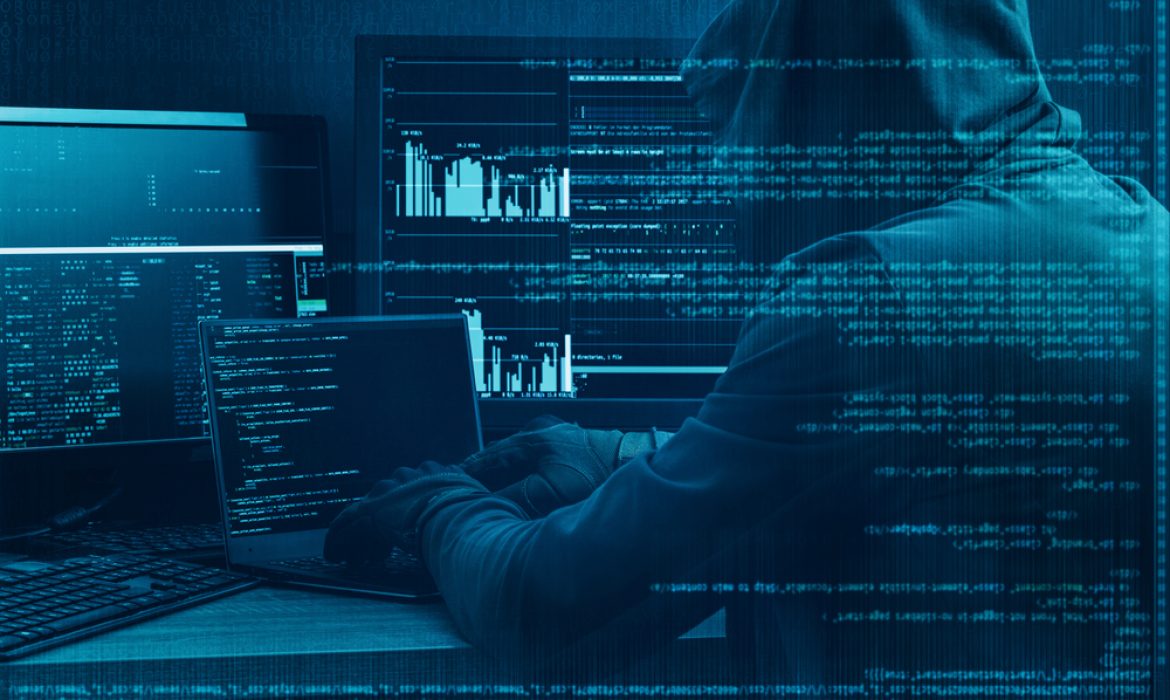In a gripping legal battle unfolding in London, two teenagers are standing trial for their alleged involvement in hacking into prominent companies, including NVIDIA, Rockstar, and Uber. The defendants, 18-year-old Arion Courtay and an unnamed 17-year-old, face charges that encompass serious computer misuse, blackmail, and fraud. They are suspected of being associated with the hacker group known as Lapsus$.
Prosecutors claim that Arion Courtay and his alleged co-conspirators orchestrated cyber intrusions into the systems of Revolut, Uber, and Rockstar Games in September of last year, all while Courtay was already out on bail for unrelated charges. It is alleged that Courtay, alongside unidentified members of Lapsus$, masterminded the theft of commercial code and video content from the latest installment of the widely acclaimed Grand Theft Auto game. The prosecution contends that Courtay assumed the guise of a contractor for the company and was involved in attempts to hack the systems as well as engaging in blackmail for a reward.
However, the trial takes an unexpected turn as Arion Courtay has been deemed medically unfit to stand trial. Consequently, the jury will determine his level of responsibility for the alleged crimes rather than declaring him guilty. If found responsible, Courtay will avoid imprisonment. The trial is projected to span eight weeks. In contrast, Courtay’s 17-year-old accomplice has already pleaded guilty to some of the charges.
Among the charges brought against them is the joint hacking of NVIDIA. In February 2022, the defendants gained unauthorized access to the accounts of two contractors, thereby obtaining highly sensitive company data, including valuable software secrets. The hackers made off with nearly a terabyte of data from NVIDIA and made portions of it public, accompanied by threats to release the remainder unless a ransom payment was received.
Prosecutors revealed that law enforcement successfully traced the hacks back to the teenagers through various digital footprints, such as IP addresses, emails, mobile devices, and Telegram accounts. Furthermore, the defendants regularly boasted about their hacking exploits online. Courtay, described as “highly competent and even brilliant,” succumbed to the teenage temptation of showcasing his accomplishments.
As the trial unfolds, the courtroom will closely examine the presented evidence, including the intricate digital trails connecting the defendants to the cyber intrusions. The outcome of this trial holds significance not only for the defendants but also sheds light on the challenges posed by cybercrime and the legal framework necessary to combat it effectively. The proceedings provide a glimpse into the secretive world of hackers and serve as a reminder of the critical importance of cybersecurity in our increasingly digital society.
